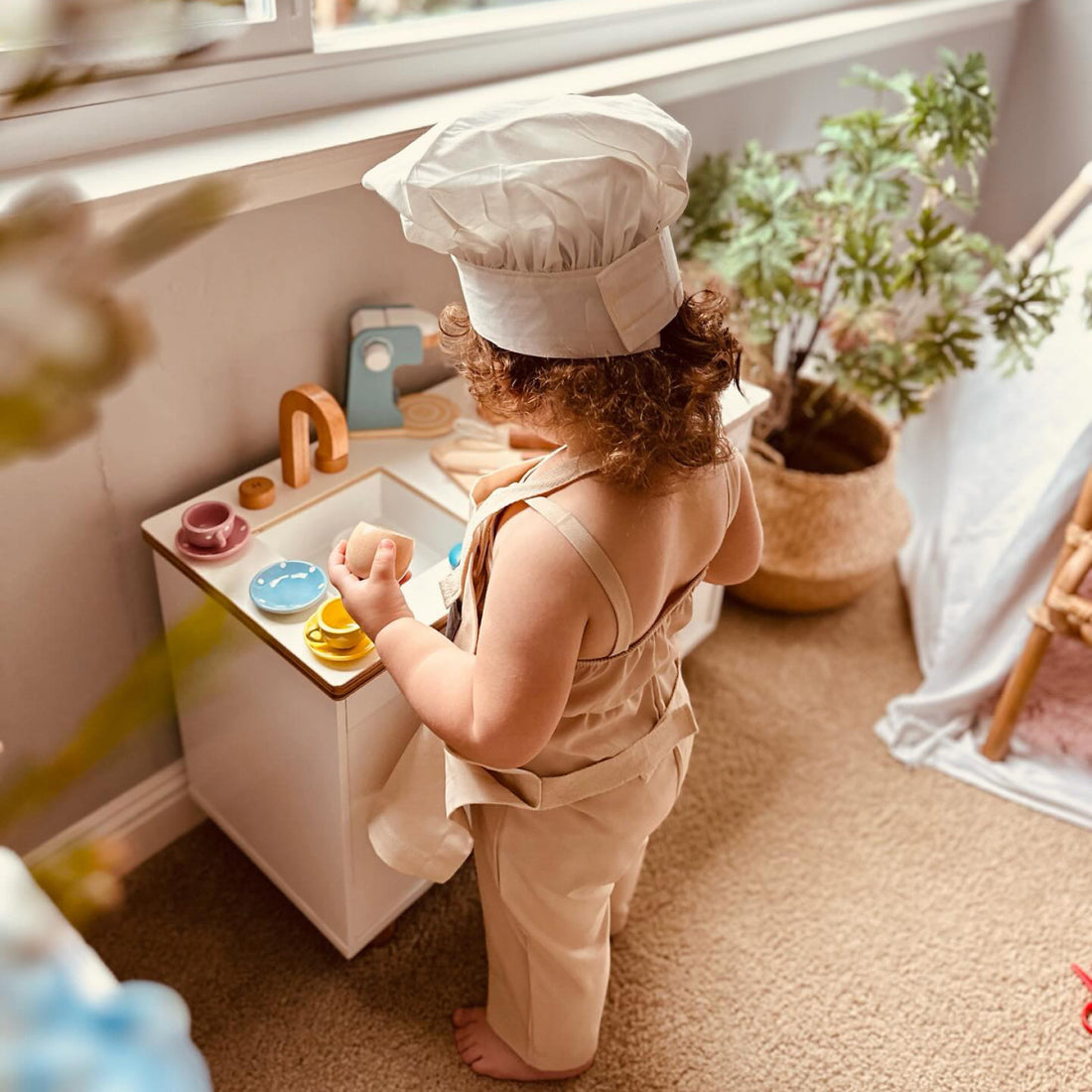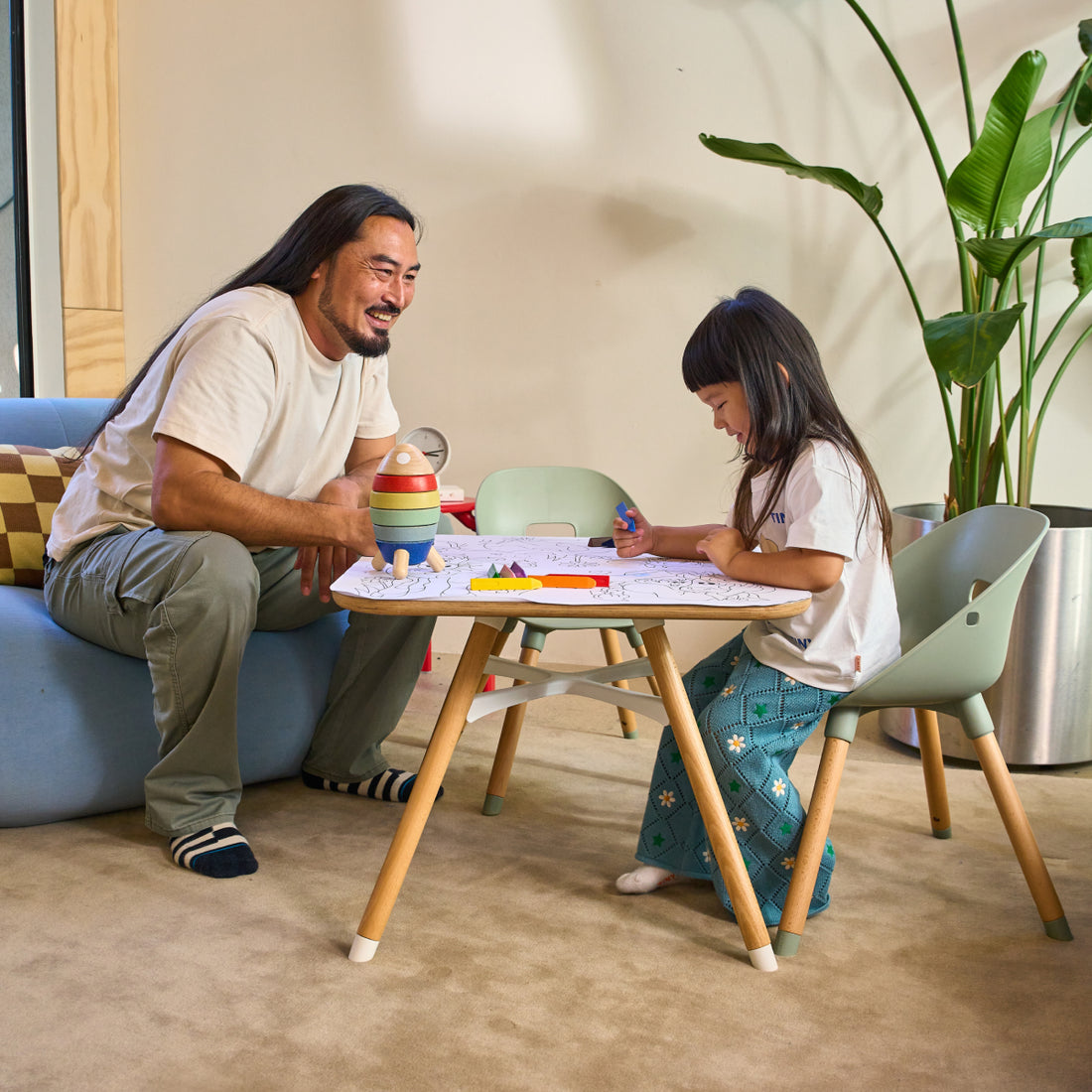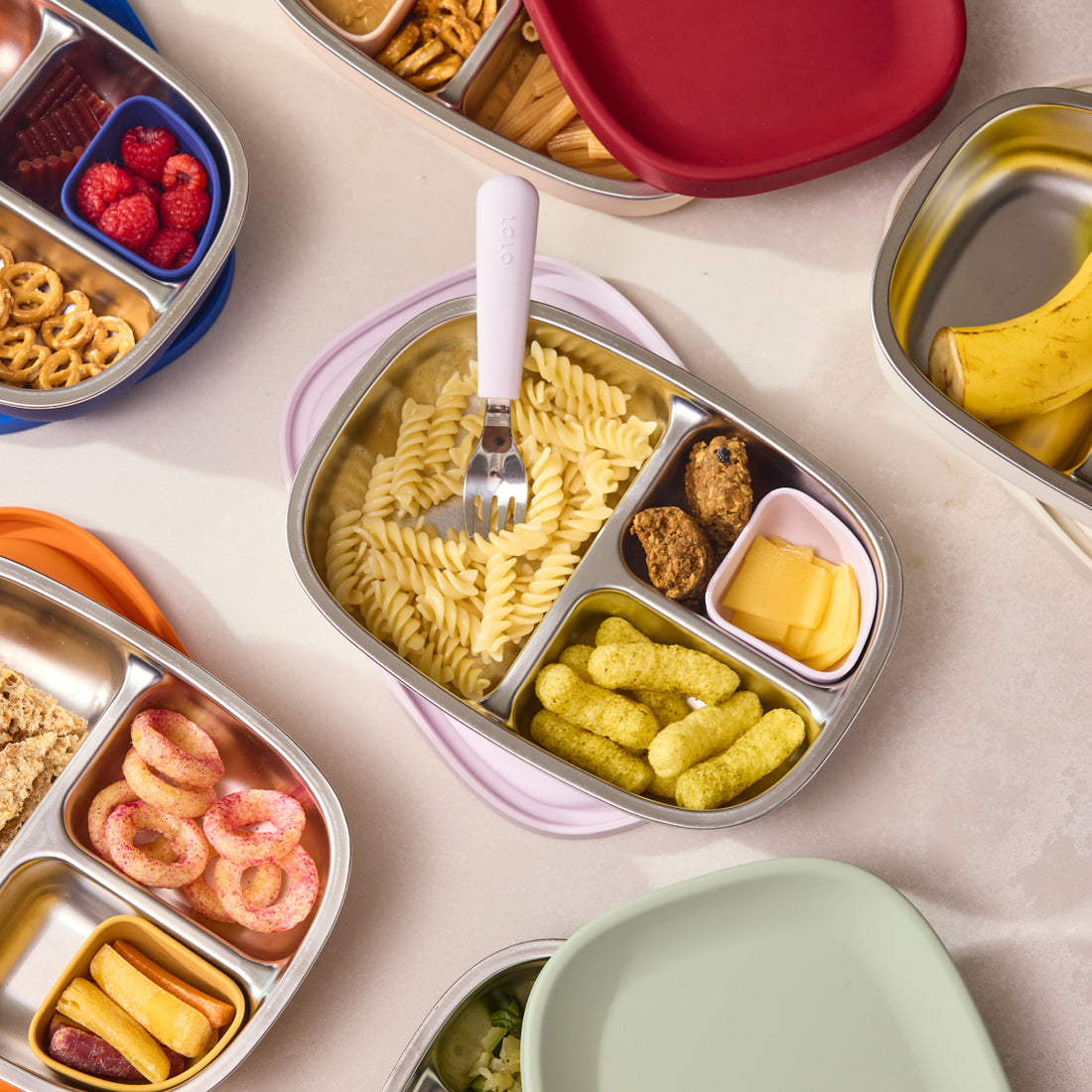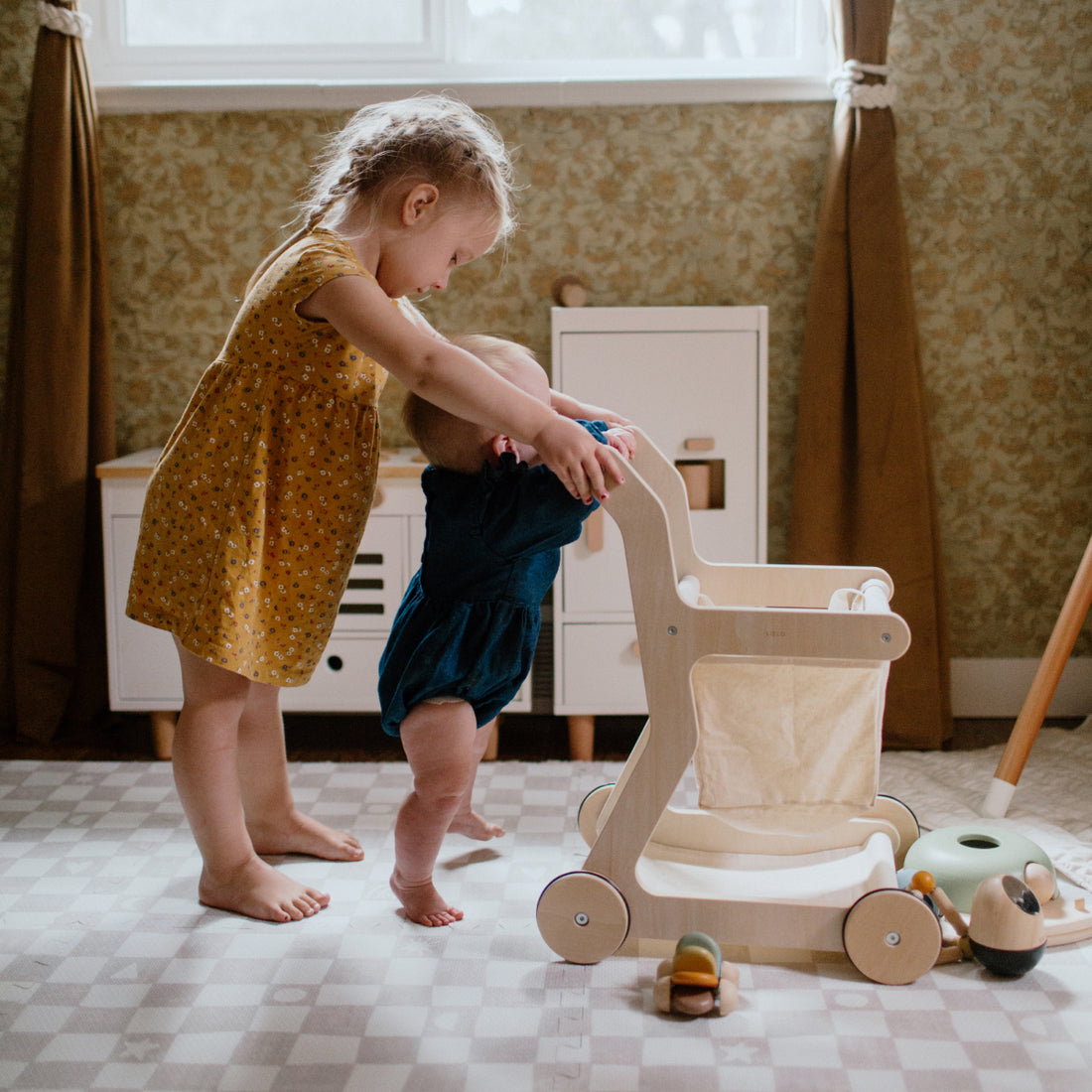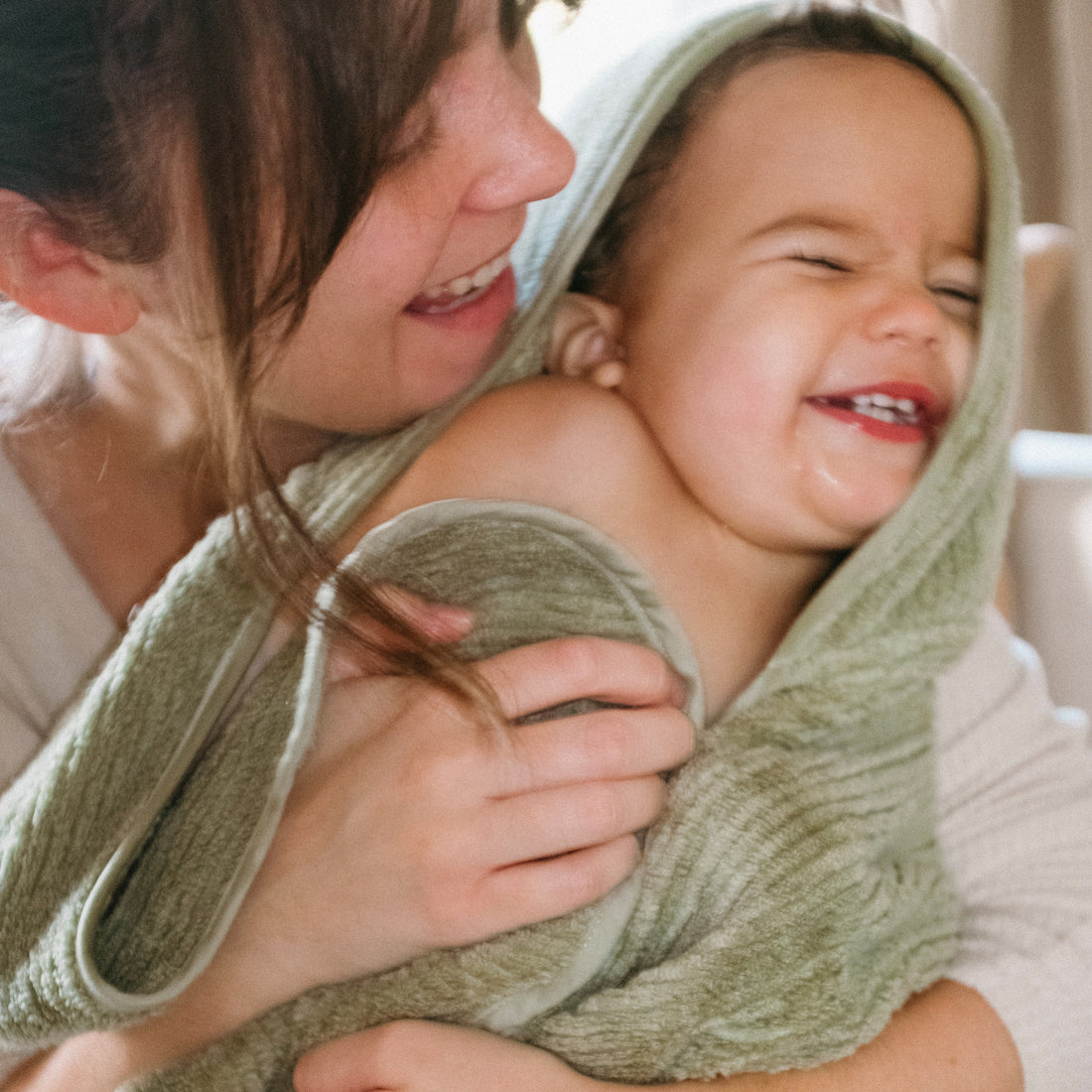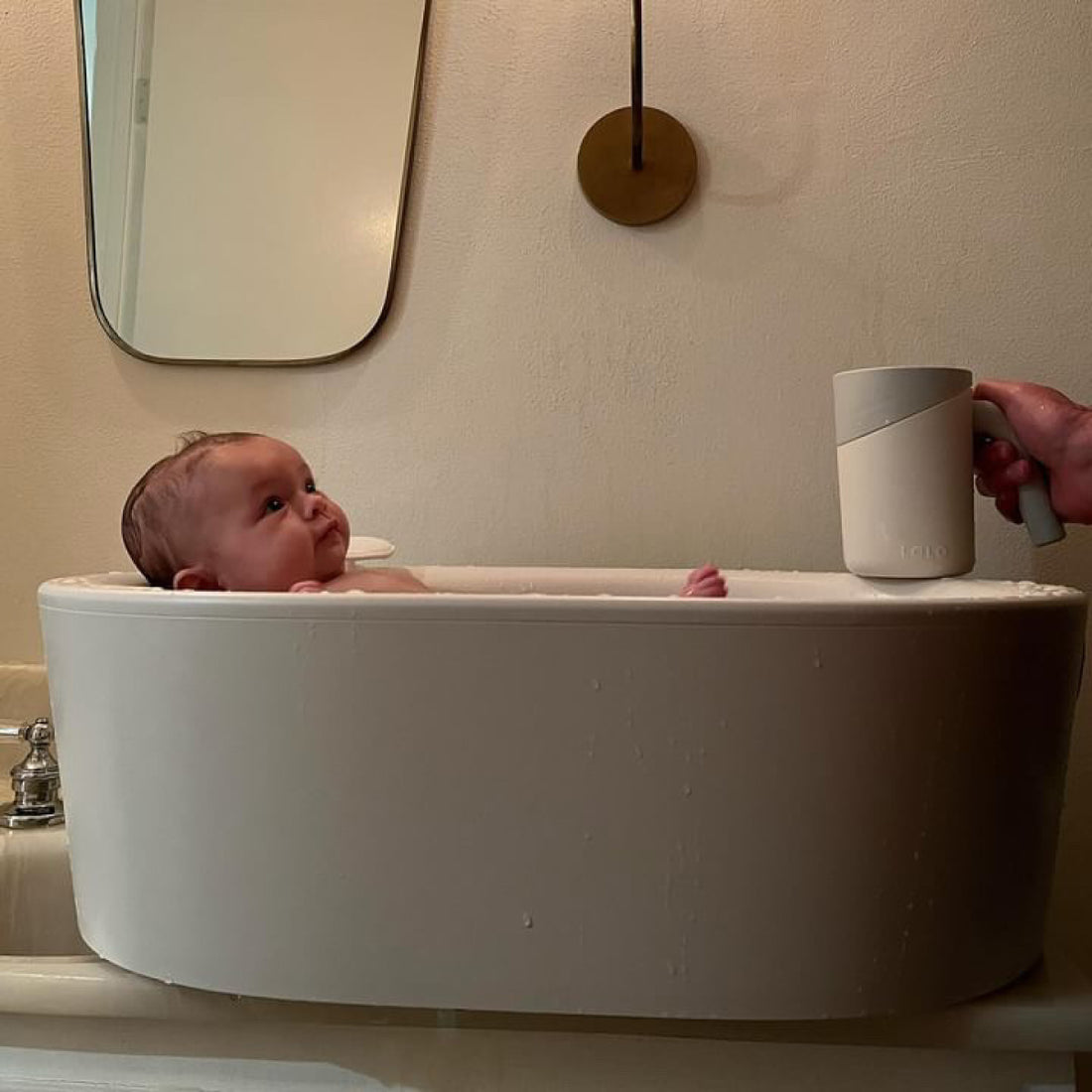By Dr. Neera Nathan, MD, MSHS. Dr. Nathan is a board-certified dermatologist and VEGAMOUR expert.
Postpartum hair loss is common and affects many women after giving birth. Here are the hair changes you can expect during your pregnancy and tips on how you can manage postpartum hair loss.
Understanding The Different Phases of your Hair Journey:
During Pregnancy
-
Changes in hormone levels (particularly estrogen) can stimulate hair to stay in the growth phase, or anagen, for longer. This can lead to longer, thicker hair during pregnancy, which may be most noticeable during the second and third trimester.
Immediately Postpartum
-
Estrogen levels and pregnancy hormones drop soon after giving birth, which causes a large portion of hair strands to shift from the growth phase into the resting phase (telogen). Hair fall/shedding does not occur quite yet.
3-4 Months Postpartum
-
As the hair follicles reach the end of the resting phase, they begin to fall/shed at the same time. This is when postpartum hair loss first becomes noticeable. You may notice more hair fall than usual or clumps of hair in your brush or in the shower drain.
6-12 Months Postpartum
-
Hair slowly stops shedding and starts to regrow. Hair should grow back to its normal fullness and thickness by 12 months postpartum.
12 Months Postpartum and Beyond
-
Hair should be back to normal. If your hair has not reached its previous thickness by your child’s first birthday, there may be another trigger causing hair loss. I recommend seeking care from a board-certified dermatologist for diagnosis and treatment.
Tips for Managing Postpartum Hair Loss
1. Embrace Gentle Hair Care Practices
-
Minimize Heat Styling: Excessive heat can further weaken hair, so try to avoid using hot tools like curling irons and straighteners. If you must blow-dry your hair, use the lowest setting and keep the dryer at least six inches away from your scalp.
-
Avoid Tight Hairstyles: Styles that pull tightly on your hair, such as ponytails or braids, can stress your hair follicles and contribute to hair loss. Opt for loose, gentle hairstyles instead.
-
Limit Chemical Treatments: Coloring or chemically straightening your hair can be harsh on your strands, especially during this delicate time. Consider skipping these treatments until your hair has fully recovered.
2. Focus on Nutrition
A healthy, protein-rich diet is essential for supporting hair growth. Make sure your meals include plenty of lean proteins, fruits, vegetables, and whole grains to nourish your hair from the inside out.
3. Consider Scalp-Stimulating Products
Products that soothe the scalp and stimulate the hair growth phase can be beneficial. For example, topical caffeine has been shown to help with hair growth. However, if you’re breastfeeding, it’s crucial to consult with your doctor before introducing any new products into your routine.
4. Be Patient and Gentle with Yourself
Postpartum hair loss is a common and temporary condition. While it can be distressing, remember that it’s a natural part of the postpartum experience, and your hair will likely return to its former glory in time. In the meantime, treat your hair and scalp with care, nourish your body with healthy foods, and consider consulting a professional if you have concerns.
Meet VEGAMOUR

As a pioneer in holistic hair wellness, VEGAMOUR is dedicated to creating clean, effective products that deliver results without compromise. Utilizing potent plant-based actives, cutting-edge technologies, and innovative formulas, VEGAMOUR products were created to address both the symptoms and underlying causes of visible hair damage and thinning. VEGAMOUR’s inside out approach takes into consideration the health of the entire hair ecosystem and works to promote a healthy environment for hair to thrive naturally. Our vegan, cruelty-free products are specifically made for those in search of clean ingredients and clinical results.



